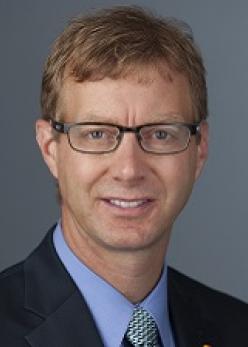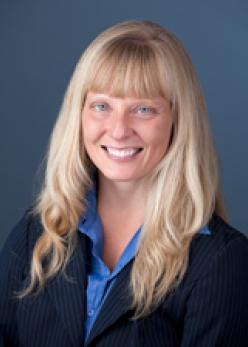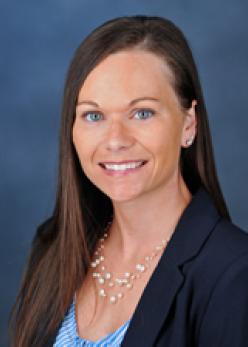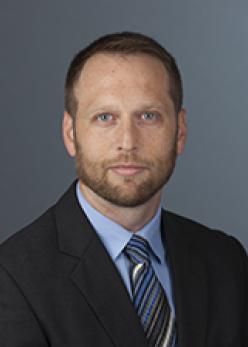Applied Physiology Laboratory



Conditions such as aging and many diseases elicit significant changes to muscle and immune function.
Goals, directions & mission
Goal 1
To investigate the underlying mechanisms and etiology of muscle atrophy and hypertrophy with the long-term intent of developing a successful countermeasure strategy to muscle wasting.
Research directions
Examine structural and performance changes to skeletal muscle following acute and chronic exercise.
Mission
To gain a better understanding of factors contributing to function of skeletal muscle and its role in maintaining overall health.
content
Goal 2
To investigate how the immune system responds to physical activity.
Research directions
Examine changes to both the innate and adaptive immunity following various modes and intensities of exercise.
Mission
To advance the understanding of how exercise may influence the ability of immune system to alter inflammation and fight infections.
Collaborations & Services
- The Applied Physiology Lab is part of the Osness Human Performance Laboratories housed in the Department of Health, Sport, and Exercise Sciences.
- The University of Kansas Microscopy and Analytical Imaging Research Resource Core Laboratory
- The University of Kansas Genome Sequencing Core lab
Research Team

Philip Michael Gallagher
Professor, Director, Applied Physiology Laboratory

Susan P Harvey
Associate Professor

Ashley Ann Herda
Associate Professor, Director, Exercise and Human Performance Laboratory, Edwards Campus.

Trent J Herda
Professor, Director - Neuromechanics Laboratory, Director - Well-Fit (Center for Youth Wellness and Fitness)

Joseph Weir
Professor
Opportunities for Students & Fellow Researchers
- Examine different signaling pathways associated muscle growth and differentiation following exercise or muscle damage.
- Examine the role that apoptosis and the ubiquitin proteosome pathway has on aging skeletal muscle and other forms of muscle atrophy.
- Examine the effects of exercise on the function and gene expression of T cell and Neutrophils.
- Examine the effects of exercise and inactivity on hormone and cytokine responses in skeletal muscle and blood.
Testing Capabilities & Equipment
The Applied Physiology Laboratory is a freestanding facility with 4,500 square feet of research and office space. The laboratory houses a biochemistry area, a molecular biology area, a blood draw and muscle biopsy procedures room, an exercise testing area, a histochemical area, and various areas for exercise/metabolic testing.